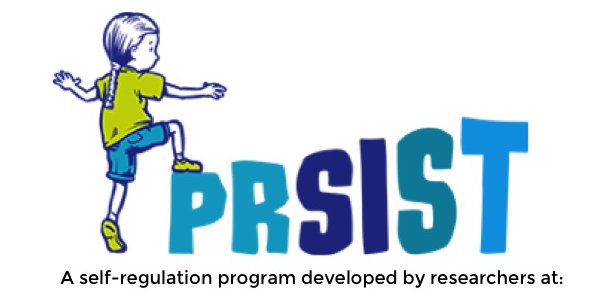
Mr Wolf
What to do: Select a child to be ‘Mr Wolf’, who stands across the yard with their back turned to the rest of the children. The rest of the children, facing Mr Wolf, ask ‘What’s the time Mr Wolf?’ The child nominated to be Mr Wolf chooses a number, and the other children take that number of steps toward Mr Wolf. This sequence of asking ‘What’s the time Mr Wolf?’ and Mr Wolf responding with a number continues until Mr Wolf thinks (without peeking) that the children are close enough to be able to turn, chase and catch. Mr Wolf indicates this by responding with ‘It’s dinner time!’ instead of a number. Then Mr Wolf turns to give chase, and the children have to run back to their starting line (a safe zone) while Mr Wolf tries to catch one of the children. The first child who is caught becomes Mr Wolf. The emphasis of this activity is counting the number of steps and ensuring that the group stays together (safety in numbers). Where children are excited to become Mr Wolf, this also presents an opportunity to discuss turn taking and coping with frustration.
When starting out, you might ensure a distance that is not too far from Mr Wolf so that the quantity of numbers that needs to be remembered is not overly large. As children get better at this game, you can increase the distance and the quantity of numbers that will be called out before Mr Wolf gives chase.
Too easy? How to increase challenge: As a twist on this game, introduce that, if caught, the child can save themself by recalling one number that was called before Mr Wolf turned to give chase. Even harder? Have a child who is caught recall all of the numbers that were called out before Mr Wolf turned to give chase.
Ideal location(s): Outdoors.
Ideal formation(s): Large group or small group.
What you need: A sufficiently large outdoor space, and an adult keeping track of the numbers called to check if children’s recall is correct.
What it does: In emotional and stressful situations, self-regulation becomes even more difficult. This activity challenges children’s ability to maintain their attention on things they have to remember, even in the face of anticipation and excitement.
Links to EYLF:
- Demonstrate an increasing capacity for self-regulation; Persist when faced with challenges and when first attempts are not successful (from Outcome 1.2)
- Show interest in other children and being part of a group (from Outcome 1.4)
- Cooperate with others and negotiate roles and relationships in play episodes and group experiences (from Outcome 2.1)
- Make choices, accept challenges, take considered risks, manage change and cope with frustrations and the unexpected (from Outcome 3.1)
- Persist even when they find a task difficult (from Outcome 4.1)




